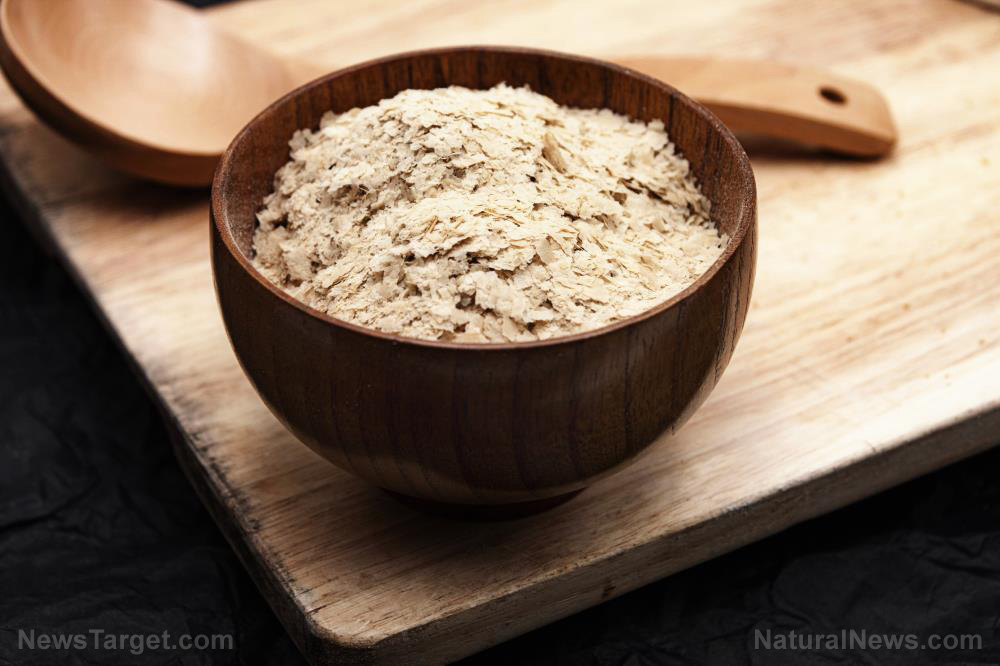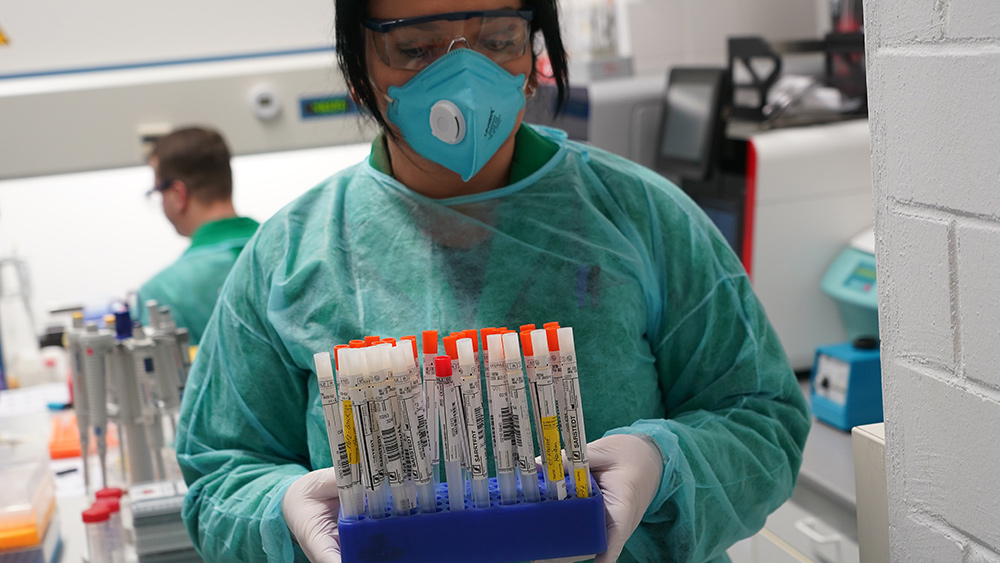
Up to 50 percent of patients with COVID-19 report experiencing gastrointestinal problems, such as abdominal pain and diarrhea. Research also shows that patients tend to have lower levels of gut bacteria that make short-chain fatty acids (SCFAs) by fermenting fiber from foods. SCFAs play a key role in maintaining the integrity of the intestinal barrier. They also regulate immune cell function.
A recent study showed that colon and intestinal epithelial cells treated with SCFAs reduced the expression of a gene that encodes a key viral receptor and of interferon-beta (IFN-beta), a type of cytokine that favors inflammation.
Cytokines are small proteins released by specific cells of the immune system. They trigger symptoms like fever, runny nose, aches and inflammation in the event of a viral infection. But too many cytokines can result in a "cytokine storm," which is implicated in the prevalence of severe COVID-19 outcomes, including death.
The findings appeared online in the journal Gut Microbes.
SCFAs don't change viral load but affect expression of genes, proteins involved in infection
Research suggests that alterations in gut microbiota and its products can modify an infected subject's immune response. According to co-author Patricia Rodrigues from the University of Campinas in Brazil, previous animal studies showed that compounds produced by gut microbiota, such as SCFAs, helped protect organisms from respiratory infections.
To confirm whether SCFAs produced by gut bacteria affect the infection of intestinal cells by SARS-CoV-2, the virus that causes COVID-19, Rodrigues and her colleagues infected colon tissue samples from healthy patients and intestinal epithelial cells with the virus. The tissues and cells were then treated with a mixture of butyrate, acetate and propionate, which are the most abundant SCFAs.
The results showed that treating the tissues and cells with the SCFA mixture did not alter their viral loads. The treatment also did not affect cell wall permeability and integrity.
However, the team found that treated tissues and cells showed a marked decrease in the expression of DDX58, a gene that encodes a key viral receptor called retinoic acid-inducible gene I (RIG-I).
The treatment also resulted in a decrease in the expression of TMPRSS2, an endothelial cell surface protein. It is involved in the entry and spread of coronaviruses, including SARS-CoV-2. Recent studies suggest that blocking TMPRSS2 may be an effective clinical therapy for COVID-19. (Related: Zinc is an effective treatment for coronavirus infection, blocks viral replication.)
Given these findings, co-author Raquel Leal said it would be important to conduct further studies on the potentially beneficial effects of SCFAs produced by gut bacteria on infection of intestinal cells by SARS-CoV-2.
Increasing SCFA levels
Besides potentially controlling inflammation associated with COVID-19, SCFAs may also decrease your risk of inflammatory diseases, Type 2 diabetes, obesity and heart disease, among many other health problems. In addition, SCFAs improve gut health by maintaining intestinal barrier integrity. They may also reduce your risk of colorectal cancer.
Gut bacteria produce SCFAs by fermenting dietary fiber from foods. So if you want to boost your SCFAs levels, you should add more fiber-rich foods to your daily diet or consider adopting a high-fiber diet. Below are some tips for adding more fiber to your diet:
- Eat a fiber-rich breakfast – Swap instant oats for rolled oats and processed breakfast cereal for a whole-grain version. For more fiber, top your cereal or oatmeal with fresh fruit slices.
- Eat fruits for dessert – Eat a piece of fruit after a meal. Fiber-rich choices include banana, apples, pears and oranges.
- Eat beans and legumes – Peas, lentils, black beans and the like are excellent sources of fiber. Add more legumes to your soups and salads or swap meat for legumes. They are also rich in protein.
FoodIsMedicine.com has more articles about the health benefits of a high-fiber diet.
Sources include:
Please contact us for more information.





















